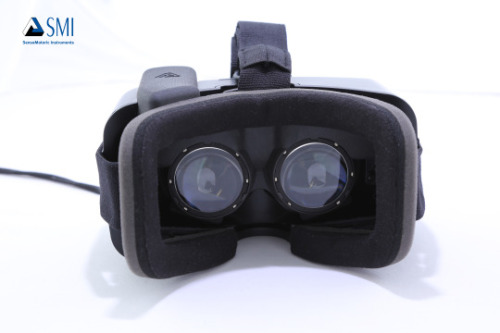Funding period 01/2016 – 12/2017
Persuasive Technologies (PTs) focus on the design, development and evaluation of interactive technologies aimed at changing users’ attitudes or behaviors through persuasion, but not through coercion or deception. Persuasive technologies are used to change peoples behavior in various domains such as healthcare, education or marketing.
The approach we attempt to make by persuasion in this use case is attempting to move people in certain directions: to pay full attention and possess complete information for self-control by augmented reality glasses and robot companions.
The dementia use case stands for more than just not paying attention, namely a decline of cognitive capabilities.
The persuasion approach is that choices are not blocked, fenced off, or significantly burdened; to influence people’s behavior in order to make their lives longer healthier and better, the paternalistic aspect, is subtle–the intervention must be easy and cheap to avoid. For example, displaying nutrition information at eye-level as a persuasion technology.
Research Questions
(1) How are interactions with persuasive technologies (augmented, mixed and virtual reality) influenced by spatial, temporal, social, or individual conditions?
(2) How can we design persuasive technologies for specific medical contexts or conditions?
Objectives
We put emphasis on special target groups: young children in educational contexts (e.g., traffic), adults with obesity, dementia (to complement reality orientation and validation dialogue), etc.
This project “PERSUASIVE” (2016-2017) brings together the technical advances of
MedicalCPS, Kognit, and KDI, and is partly sponsored by EIT Digital, BMWi, and SMI (now Apple) :
- Cognition, eye tracking, and persuasive technology
- Design of persuasive technologies in IoT frameworks
- Persuasive systems, interfaces, visualization in virtual and mixed reality
- Personalized persuasive systems
- Mobile, pervasive and ubiquitous persuasion in CPS
- Persuasion through gamification and serious games
- Technical infrastructures and intelligent systems for persuasion
- Persuasive technologies in learning and training
- Quantified self, behavioral change and persuasion
- Metacognition, introspection and persuasion
These ten topics of interest are based on recent advances in intelligent user interface research.
Outcomes
- Technical infrastructure using VR and eye/hand tracking

- PhD thesis: “Immersive virtual reality games for persuasion”, (candidate Andreas Luxenburger)
- Persuasive demos: (+ persuasive demo, “would you like some sugar?“) / (+ Nao mixed reality, Halo effect)
People
Daniel Sonntag (DFKI, supervisor)
Andreas Luxenburger (DFKI, PhD student)
Michael Barz (DFKI, PhD student)
Praveen Tirupattur (DFKI, PhD student)
Muriel Serf (DFKI, art design)
Maritza Cruz (DFKI, interaction design)
Martha Bayer (DFKI, art design)
Peter Poller (DFKI, technical infrastructure)
Mehdi Moniri (DFKI, adjunct collaborator, PhD student)
Sponsored by

